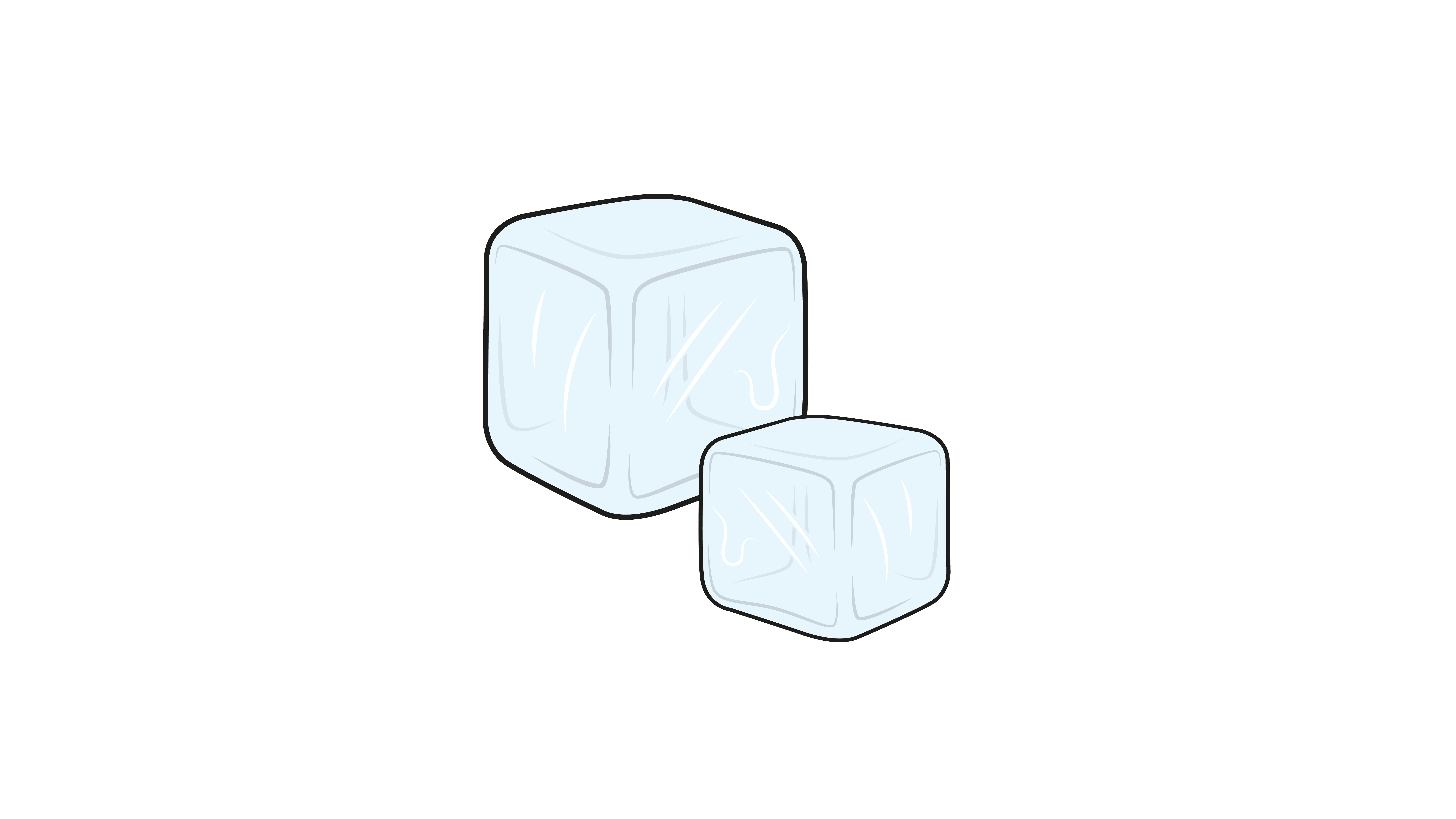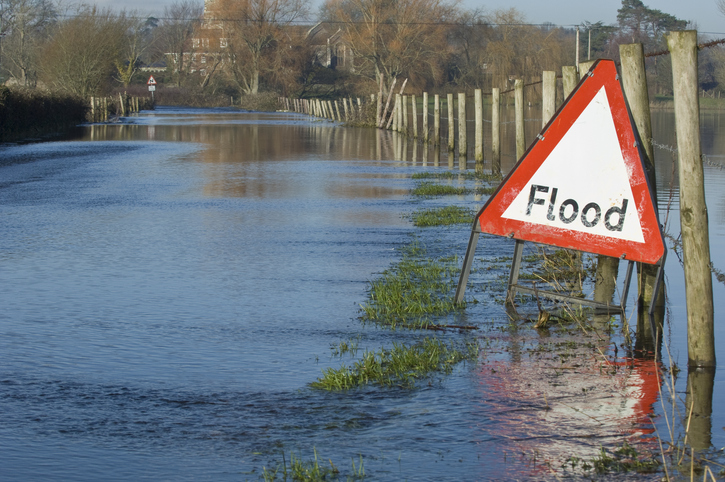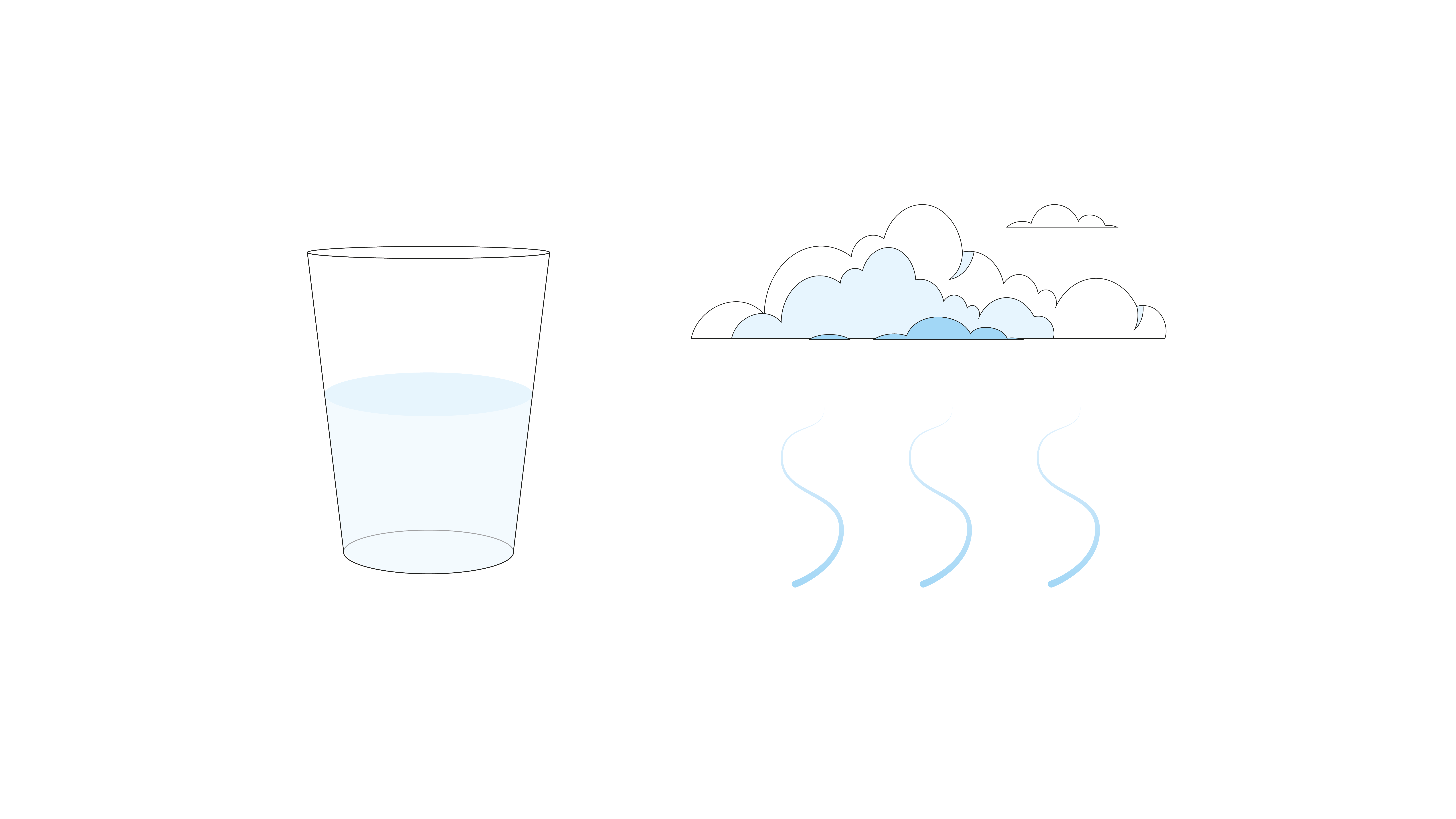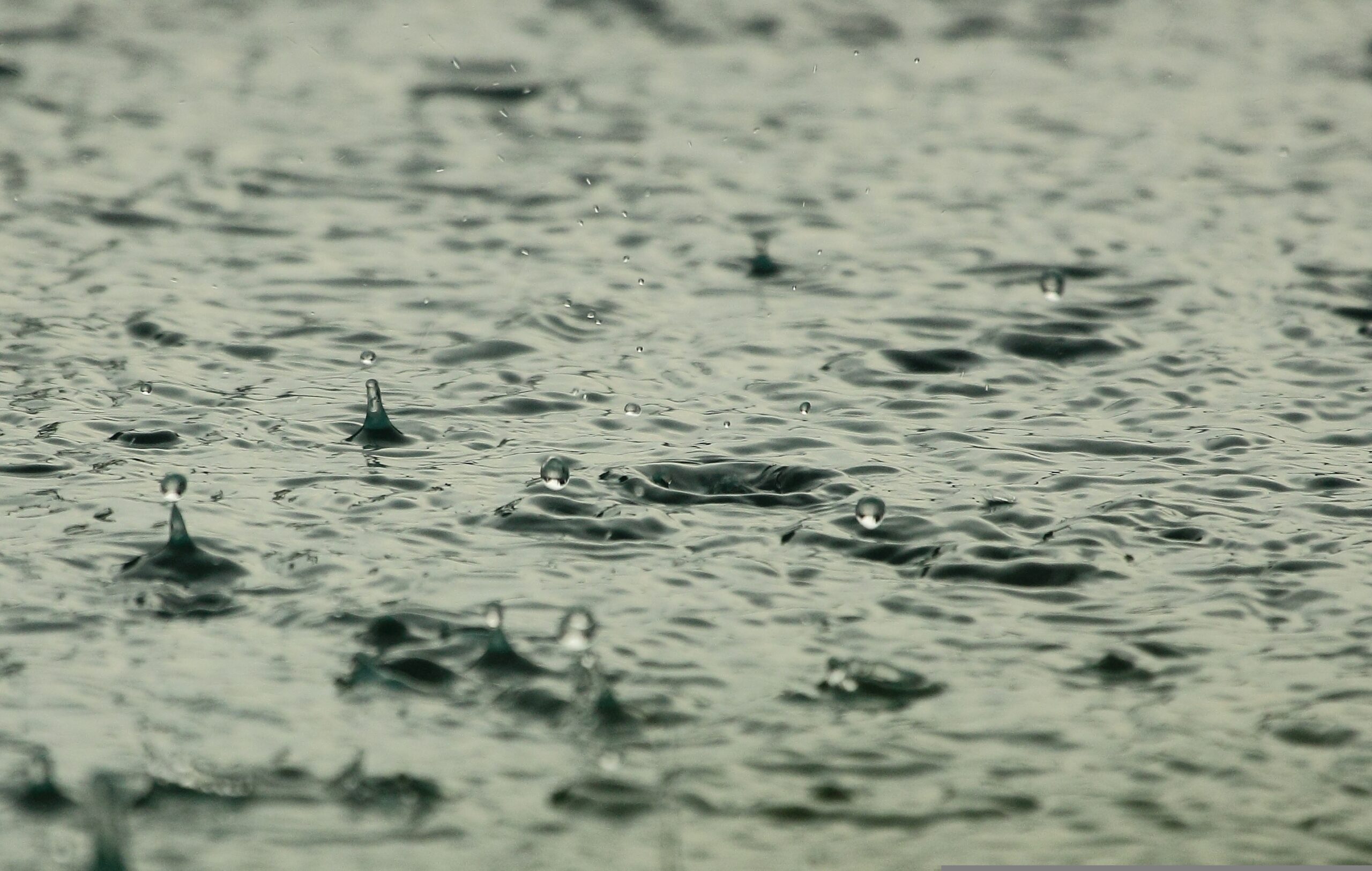Learning objectives
Knowledge
- To describe the different stages of the water cycle.
Working scientifically
- To record the stages of the water cycle using a labelled diagram.
Success criteria
Knowledge
- I can name the stages of the water
This content is for subscribers only. Join for access today.
National curriculum
Science
States of matter
This content is for subscribers only. Join for access today.
Cross-curricular links
British values
- Mutual respect.
See
This content is for subscribers only. Join for access today.
Before the lesson
This content is for subscribers only. Join for access today.
Lesson plan
Recap and recall
Display the Presentation: Agree or disagree? and read through the three statements as a class. In pairs, ask children to discuss whether they agree with each statement and to justify their answers.
This content is for subscribers only. Join for access today.
Extended-mode explainer videos
How to extend your display to view the lesson page and preseantion mode simultaneously. Choose your operating system below to watch the video
If you need further support with extending your display,
please contact [email protected].
Extended-mode explainer video: For Mac
Extended-mode explainer video: For Windows
Adaptive teaching
Pupils needing extra support
Could use the Activity: Model of the water cycle: support version to annotate a diagram of the model water cycle; could use the Knowledge organiser to help them explain the water cycle.
Pupils working at greater depth
Should apply their knowledge of how temperature affects evaporation rates to the water cycle to answer how an increase in the average temperatures of the Earth would affect the water cycle; could choose an extension activity relating to the water cycle from the Resource: Stretch and challenge: States of matter.
This content is for subscribers only. Join for access today.
Assessing progress and understanding
Pupils with secure understanding indicated by: naming, ordering and describing the stages
This content is for subscribers only. Join for access today.
Knowledge outcomes
- I can name and order the stages of the water cycle: evaporation, condensing, precipitating and run-off.
- I can describe the changes of state that occur during the water cycle: liquid water evaporates into gaseous water vapour, which cools and condenses into liquid precipitation (for example, rain) or freezes into solid precipitation (for example, snow).
This content is for subscribers only. Join for access today.
Vocabulary definitions
-
precipitation
Water that falls from clouds to the ground, including rain, sleet, snow and hail.
-
the water cycle
The never-ending movement of water from water stores, into the air and back down to the ground.
This content is for subscribers only. Join for access today.





